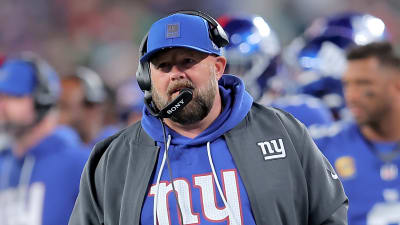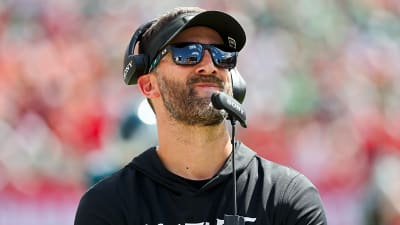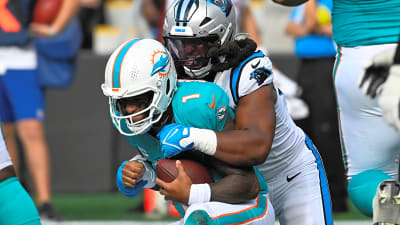
Shockwaves were sent through the NHL on Monday, when Connor McDavid announced he was extending with the Edmonton Oilers for two more seasons on his current $12.5 million cap hit.
McDavid signing a short-term deal sets an unexpected precedent for the NHL’s superstars; taking a major discount to maintain their Stanley Cup momentum for two more years. McDavid might have the benefit of sponsors and endorsement contracts few players can attain, but the message to Oilers management is clear: “Build me a Stanley Cup winner or I’m out the door”.
The Canucks are a year away from facing that same scenario with Quinn Hughes, who’ll become a free agent at the end of 2027. McDavid’s new deal might be a tough pill to swallow for Canucks fans who expected him to leave the division, but it’s also changed the math on what Hughes’ next contract could look like. It also changes the expectations of what next year’s negotiations could look like between Hughes’ camp and the Canucks front office.
Taking a short term for a team-friendly contract won’t make a big difference for teams and players looking to set the market on a long-term deal. Yes, it’s weird that the Minnesota Wild’s Kirill Kaprizov will make $4.5 million more than the best player in the world the next two years, but there’s no universe where the Wild could afford to give Kaprizov the chance to walk.
You could argue the Canucks are in the same boat with Hughes as Minnesota was with Kaprizov, but they’re also not a team that has a one-man core. Elias Pettersson, Brock Boeser, and Jake DeBrusk are all locked up long term, and they have their goaltending covered between Thatcher Demko and Kevin Lankinen. Like the Oilers, the Canucks expect to be able to win now, and Hughes has said before that the ability to compete for championships is what matters most to him.
Before McDavid signed, there’s a chance that Hughes and his agent, Pat Brisson, hadn’t even considered a short-term deal. Now, depending on how this season plays out, it’s an additional card for the Canucks to play that could keep Hughes in Vancouver long enough to keep the window open a little longer. A two-year deal would also cut off the other big competitors for Hughes’ services, such as the New Jersey Devils. The expectation that Hughes is going to join his brothers out east is also based on the assumption of signing a contract with max term. Even delaying his free agency by a few years could also alter the timing for reuniting him with his brothers, with Jack set to become a free agent himself in 2030.
Of course, that’s all contingent on just how well the Canucks can prove to Hughes that they’re reaching the doorstep of a championship. Playing for a real Stanley Cup contender has always been Hughes’ main concern, so making the postseason this year (and the next) is priority number one for the captain. Expecting him not to need a huge raise is also based on using the Canucks’ extra cap space to improve the team around him, which he won’t do for a team on the bubble.
That journey to a contract extension starts for Hughes and the Canucks on Thursday. They’ll meet the team whose success they’re trying to best, McDavid and the Oilers, for the first time on Saturday.
More must-reads:
- The 20 NHL players under the most pressure for the 2025-26 season
- Maple Leafs making the right call with major roster decision
- The 'Team USA men's basketball coaches' quiz
Breaking News
Trending News
Customize Your Newsletter
 +
+
Get the latest news and rumors, customized to your favorite sports and teams. Emailed daily. Always free!








